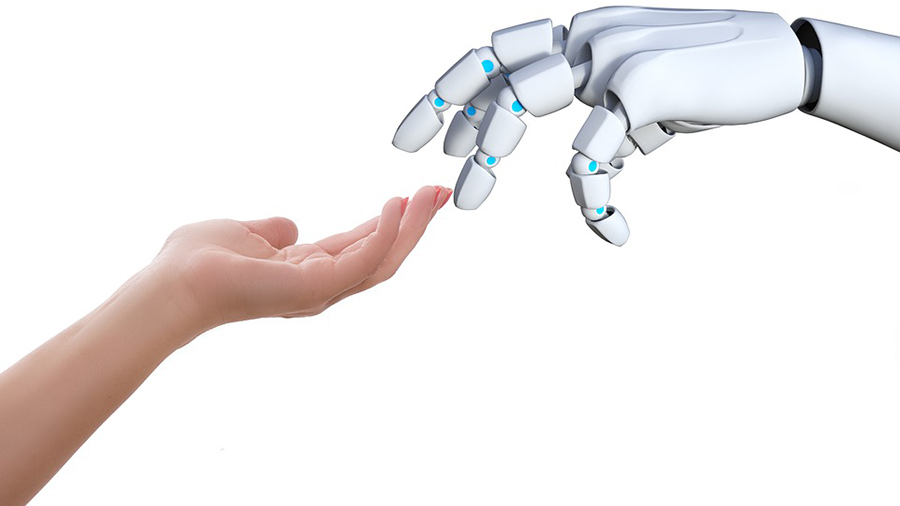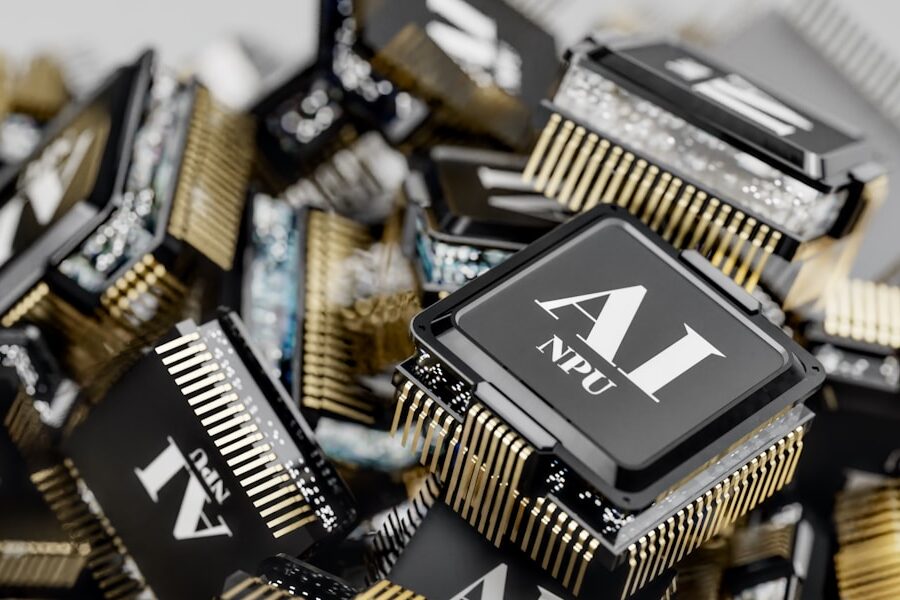A third (31per cent) of us have experienced discrimination when job hunting according to new research*. Could AI provide a solution?
When asked what factors were affecting their ability to get interviews or new job roles, 51per cent of respondents said they felt age played a part, while 2 5per cent said gender. A further 21 per cent said social status made an impact while 16 per cent of people said that either their religion or sexuality had been an obstacle in finding employment.
As a result, two thirds of us (64 per cent) have admitted to enhancing our job applications. Alongside the half of us (49 per cent) who embellish qualifications or experience, 27 per cent had excluded information, 14 per cent had changed their name to sound more “English”, 18 per cent added their picture to boost chances of securing a position and 13 per cent had given the wrong age.
But while discrimination is currently a common occurrence, according to JamieAi’s CEO Adrian Ezra, developments in AI could soon make hiring bias a thing of the past. He explains:
Bias is an intrinsic part of the human character but by harnessing technology in the right way we can start to counteract this. When recruiters currently ask candidates for demographic information, they inadvertently create space for discrimination to fuel existing biases. We are now seeing new models emerge that focus on skills, experience and preferences. Doing this not only reduces and prevents discrimination but also increases the overall accuracy of the service.
I urge the industry leaders to add a tech first approach to their hiring process and focus on activating solutions that not only achieve greater efficiency and accuracy but begin to put an end to hiring bias altogether.
*Research of 500 job hunters conducted by Atomik Research in January 2019 on behalf of HR tech start-up JamieAi







